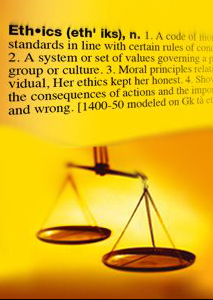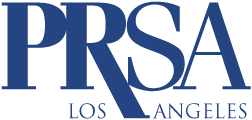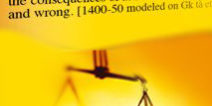 Part of our ongoing discussion on PR industry ethics…
Part of our ongoing discussion on PR industry ethics…
CONFLICTS OF INTEREST
Core Principle:
Avoiding real, potential or perceived conflicts of interest builds the trust of clients, employers, and the public.
Intent:
- To earn trust and mutual respect with clients or employers.
- To build trust with the public by avoiding or ending situations that put one’s personal or professional interests in conflict with society’s interests.
Guidelines:
A member of PRSA shall:
- Act in the best interests of the client or employer, even subordinating the member’s personal interests.
- Avoid actions and circumstances that may appear to compromise good business judgment or create a conflict between personal and professional interests.
- Disclose promptly any existing or potential conflict of interest to affected clients or organizations.
- Encourage clients and customers to determine if a conflict exists after notifying all affected parties.
Examples of Improper Conduct Under this Provision:
- The member fails to disclose that he or she has a strong financial interest in a client’s chief competitor.
- The member represents a “competitor company” or a “conflicting interest” without informing a prospective client.
ETHICS DILEMMA
Your father and uncle are the majority owners of an accounting software company. You spent summers during college and your first two years out of school as part of the company’s public relations staff. You now have an opportunity to join the public relations staff of a company that’s a major competitor of the firm owned by your father and uncle. It’s a terrific opportunity, better than anything your dad and uncle could ever offer you.
Question to ask
How do you deal with the opportunity?
Guidance from PRSA’s Code of Ethics: Conflicts of Interest
An example of unethical behavior is to bring the public relations plan you developed for your father’s company and modify it for your new employer.
Learn more about PRSA’s Code of Ethics and how it can guide decisions you make on behalf of your clients here.








